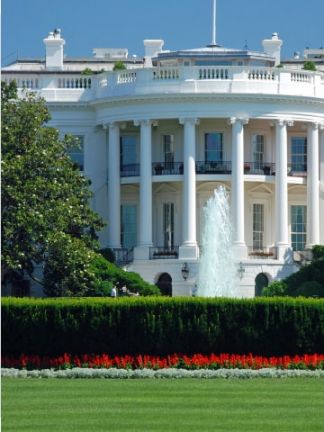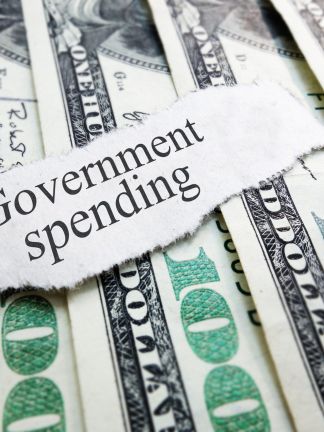Why Are People So Oblivious To Government’s Fiscal Follies?

Two years ago, I worked on an article that looked into a California coalition attempting to raise taxes on the wealthy without offering a justification for their efforts.

At the time, I wasn’t just trying to understand why common Californians weren’t as concerned about the budget and the gloomy state of the local government’s finances, I was also trying to understand why anybody would simply ignore budgetary concerns anywhere in the country. After all, if the state notices it has run out of your money to pay its bills, the only way it has to make ends meet is to take more from taxpayers. Shouldn’t people be worried about that?
In order to find an answer to my question, I talked to Truth in Accounting (TIA)’s Founder and President Sheila Weinberg. And while I wasn’t surprised she was as smart as I would have imagined, I was in awe of the simple answer she gave me when discussing the importance of talking about balancing the budget before trying to raise taxes.
“The way it is now,” she calmly explained, “taxpayers can’t hold their elected officials accountable because they are getting more government than they are paying taxes for.”As simple as it may sound, I thought, the fact that people are getting “more government than they are paying for” is exactly why they are not paying attention.
If the taxpayer isn’t bothered by the amount of taxes he pays, that might be because, perhaps, he isn’t paying for as many of the agencies, programs, and regulations as he is being told. Instead, governments (both local and federal) often run on credits, borrowing, federal grants, and yes, on taxes, but mostly they are always in the red, borrowing from future generations in order to pay for yesterday’s debt.
Taxpayers don’t notice their future is in jeopardy because they believe their taxes are covering it all — except they aren’t. So when higher taxes are announced or when local officials begin to talk about bankruptcy, individuals are often oblivious to how they got there.
As the tax burden grows, under those circumstances, taxpayers who are targeted and forced through legislation to give more end up fleeing to find greener pastures elsewhere, where they get to keep more of their money. As a result, the number of taxes being collected drops and entire cities (and sometimes states) break.
And it’s precisely because the overwhelming majority of locals simply get more government than they are paying for that they often ignore the warning signs that doomsday is just around the corner.

Author
Advocates for Self-Government is nonpartisan and nonprofit. We exist to help you determine your political views and to promote a free, prosperous, and self-governing society.
What do you think?
Did you find this article persuasive?

























